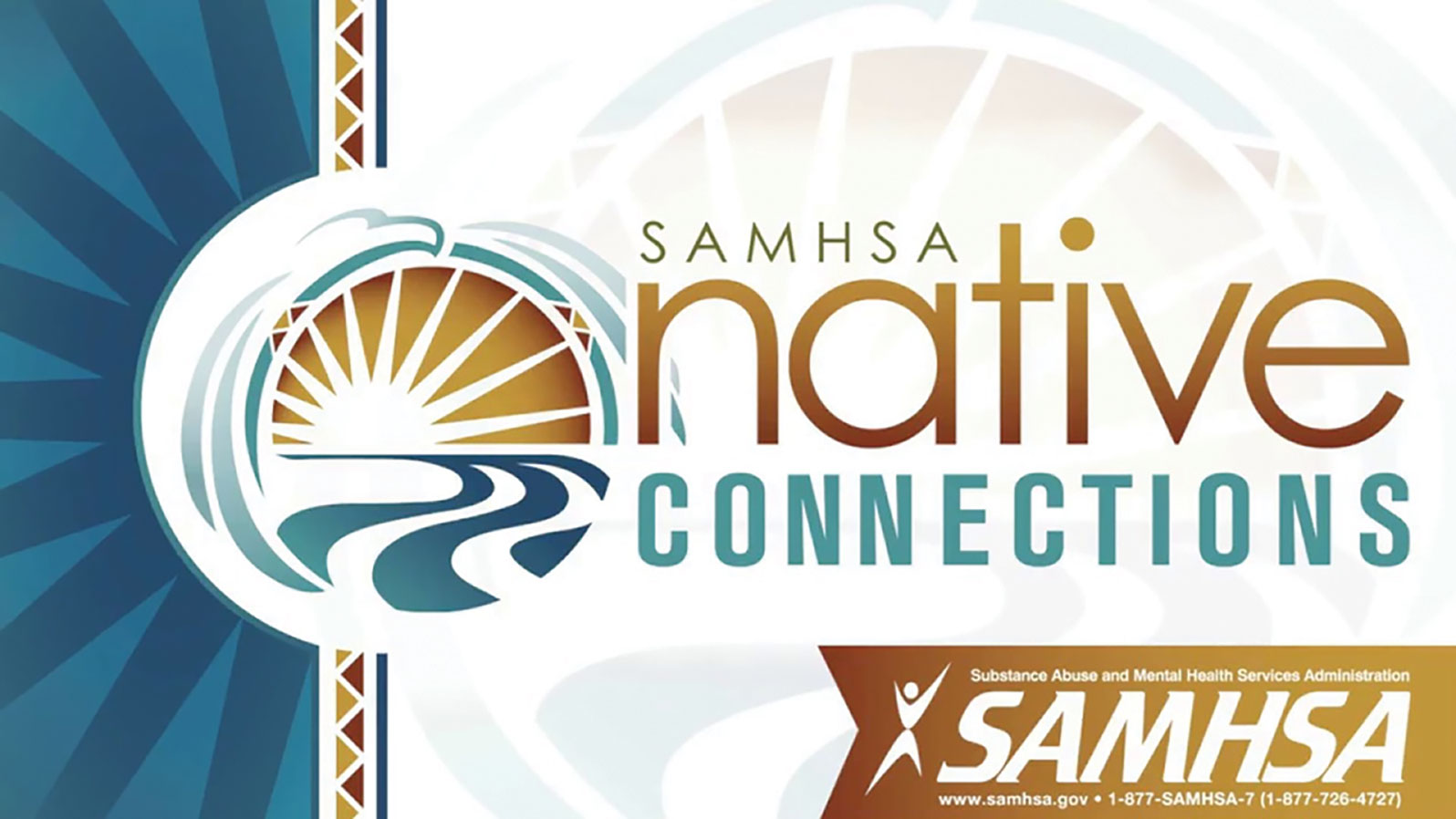What is DBT?
DBT stands for Dialectical Behavioral Therapy. What does that mean? DBT is “a structured program of psychotherapy with a strong educational component designed to provide skills for managing intense emotions and negotiating social relationships” (Perina et al., 2022). Many people develop patterns of behavior that aren’t the healthiest for themselves and the people in their lives. DBT teaches tools to help people deal with emotions like anger, sadness, and fear in a much healthier way.
What are the four primary areas of DBT?
There are four main areas of DBT. There is MINDFULNESS, which asks people to be aware of the present moment and not focus on anything else. DISTRESS TOLERANCE teaches people how to manage their stress during a crisis or difficult situation. EMOTIONAL REGULATION is another component that leads people to address a negative emotion with a positive one. The final area is INTERPERSONAL EFFECTIVENESS, which teaches people how to communicate their needs and wants more healthily.
What mental health conditions use DBT?
DBT was created to treat a condition known as a borderline personality disorder (BPD). Since its development, it has been used to treat anxiety, depression, trauma, and substance abuse. Most of the work is done from worksheets out of the DBT handbook. The handbook asks readers to identify aspects of their lives that help them regulate their emotions, like reading, exercising, cooking, etc. The exercises and education provided help people learn to calm themselves down with skills they probably didn’t even know they had.
Don’t hesitate to contact the Southern Ute Behavioral Health Division for more information and support.
At Southern Ute Behavioral Health, we are offering more groups and services through our Intensive Outpatient Program (IOP). One of those groups is a DBT group facilitated by yours truly. If anyone is interested in signing up or knows someone who might benefit, feel free to contact us at 970-563-5700. You can also reach me at jhayes@southernute-nsn.gov for more information!
If you need to talk to someone, please reach out.
It’s okay not to feel okay. Please get in touch with us if you or someone you know has been struggling with their emotions, behaviors, or substance use. We can help you find appropriate tools and services that could help you overcome obstacles in your life. We are here for you. Don’t hesitate to contact the Southern Ute Behavioral Health Division or the Native Connections Program at 970-563-5700 for more information or to set up an appointment to see a counselor or therapist. Or you can call the NEW Nationwide Suicide and Substance Use Crisis line: 9-8-8
Simply calling or texting 988 or chatting at 988Lifeline.org will connect you to compassionate care and support for mental health-related distress. #988Lifeline
References
Psychology Today, (2022). Dialectical Behavior Therapy Retrieved from https://www.psychologytoday.com/us/therapy-types/dialectical-behavior-therapy

